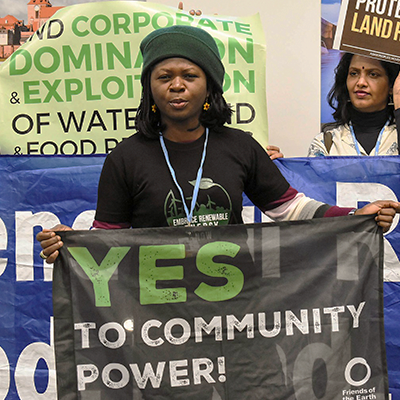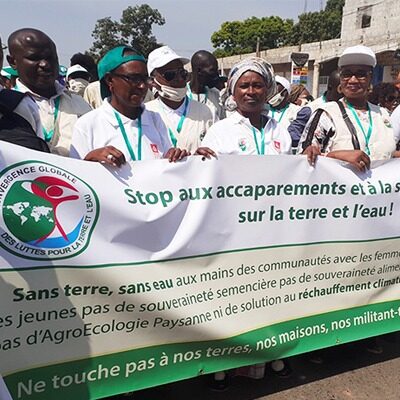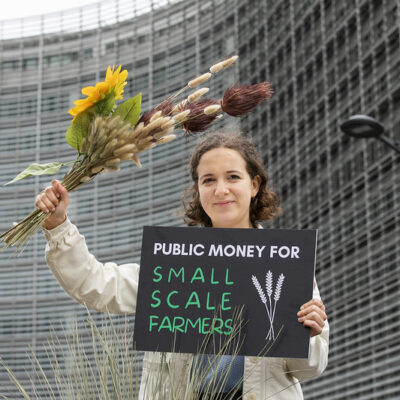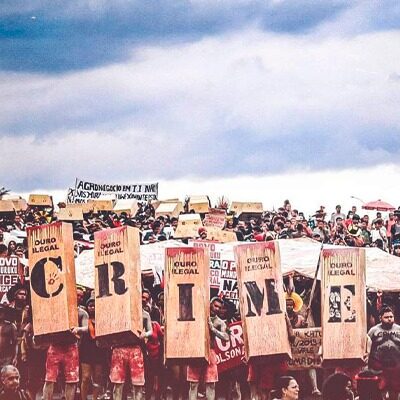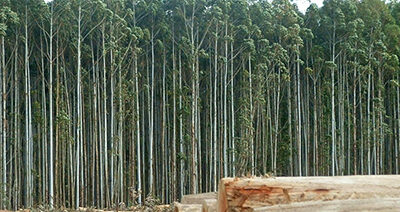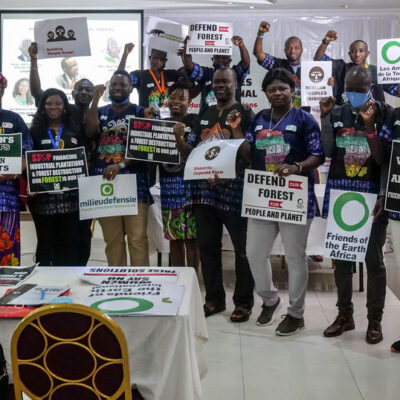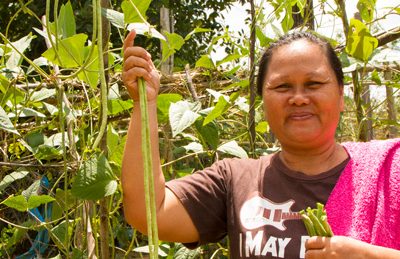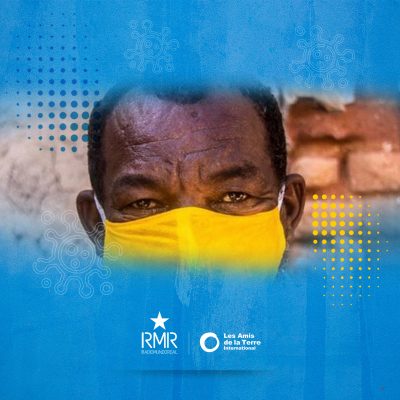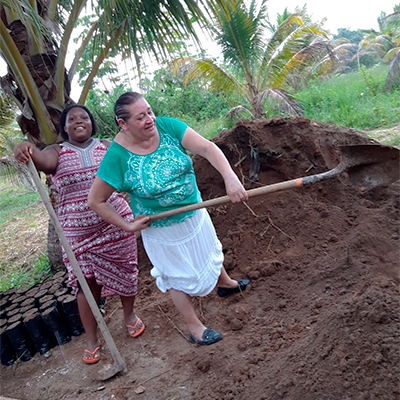
Industrial monocultures in Honduras: conflict, landgrabbing and persecution of peasants and indigenous people
On the International Day of Struggle Against Monoculture Tree Plantations, activist Sandra Escobar tells us a story of pain and joy, as peoples in Honduras struggle against the expansion of oil palm plantations and build alternatives together. Approximately 198,000 hectares of Honduras are planted with oil palm crops, representing almost 2% of the country’s land. Annually, it produces 2.4 million…



